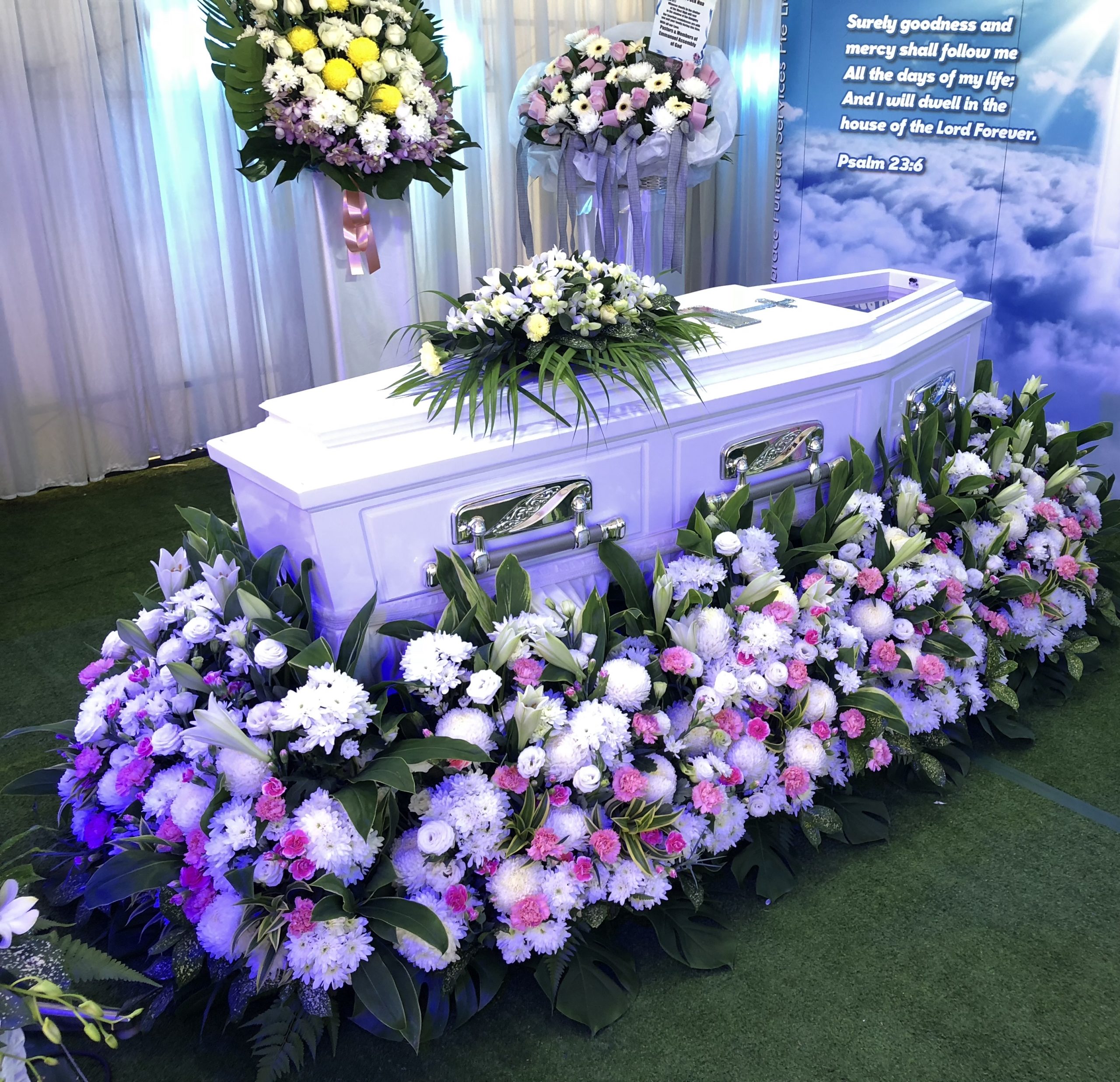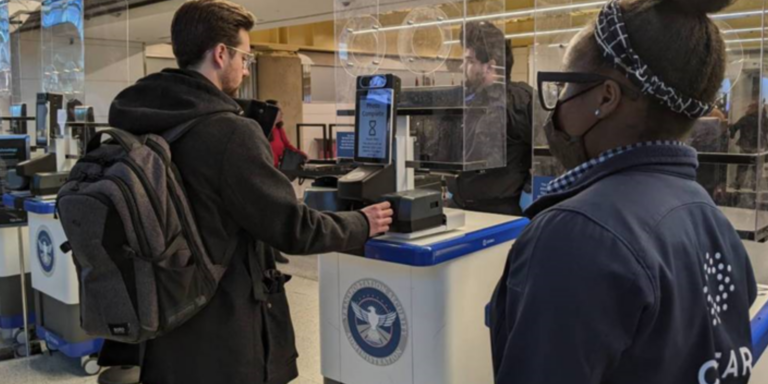Understanding the Buddhist Funeral Service: Traditions, Meaning, and Modern Practices
A Buddhist funeral service is a solemn yet deeply meaningful ceremony that reflects the core values of compassion, mindfulness, and the impermanence of life. Rooted in centuries of spiritual tradition, the Buddhist approach to death is not one of despair but of peaceful acceptance and reverence for the cycle of life and rebirth.
In today’s world, where cultures and practices often blend, many families seek to preserve their religious heritage while accommodating modern needs. A well-conducted Buddhist funeral service offers this balance — honoring ancient rites while providing comfort, clarity, and closure to the living.
What Is a Buddhist Funeral Service?
A Buddhist funeral service is a series of rituals conducted after the death of a loved one, aimed at guiding the deceased’s consciousness toward a favorable rebirth. It involves prayers, chanting, offerings, and the presence of monks, all of which serve to create a calm and sacred environment. Unlike funerals in some other religions, Buddhist funerals focus less on grief and more on mindfulness, detachment, and compassion.
There are many schools of Buddhism — such as Theravāda, Mahāyāna, and Vajrayāna — and funeral practices may vary slightly between traditions. However, the central tenets remain the same: respect for the deceased, merit-making through good deeds and prayers, and helping the soul move peacefully to the next stage of existence.
Key Components of a Buddhist Funeral Service
1. Wake and Viewing
The Buddhist wake typically lasts from one to five days, during which family and friends gather to pay their respects. The deceased is placed in a casket — often with a serene expression and dressed in simple, traditional clothing. A portrait of the deceased and an altar with incense, flowers, and offerings are set up.
Monks may be invited to chant sutras (sacred texts), helping to calm the mind of the departed and generate merit. Visitors may also participate in silent prayer or meditation.
2. Chanting and Rituals
Chanting is one of the most important aspects of the Buddhist funeral service. It is believed that these sacred sounds guide the spirit, remove negative karma, and create a peaceful atmosphere. Family members may light incense or bow as a sign of respect while monks lead the chants.
In many Buddhist traditions, the Heart Sutra or Amitabha Sutra is chanted. Some families also invite nuns or lay practitioners to assist in the ceremony.
3. Offerings and Merit-making
Making offerings — such as food, flowers, and candles — is a common way to accumulate good karma for the deceased. Some families also donate to temples or engage in charitable acts in memory of their loved one. This practice of merit-making is a powerful element of the Buddhist funeral, as it helps ease the soul’s journey and benefits the living by cultivating generosity and compassion.
4. Cremation or Burial
Cremation is the most common choice in a Buddhist funeral service, in line with the belief in the impermanence of the body. The cremation process is usually accompanied by chanting and a final farewell ceremony, where family members may place flowers on the casket and express their last respects.
After cremation, the ashes may be stored in a columbarium, scattered in a sacred location, or kept at home in a respectful urn.
Modern Buddhist Funeral Services in Singapore
In multicultural societies like Singapore, Buddhist funeral services are both spiritual and practical. Service providers offer complete funeral packages that respect Buddhist customs while ensuring logistical ease for families.
What’s Included in a Buddhist Funeral Package?
-
Casket and encoffining service
-
Venue setup (HDB void decks, funeral parlours, or temples)
-
Monk-led chanting and prayer sessions
-
Altar with photo, candles, incense, and offerings
-
Vegetarian offerings for monks and guests
-
Transportation (hearse, bus for guests, crematorium arrangements)
-
Post-funeral services, such as ash collection and 49-day prayers
Professional funeral directors also guide families through each stage of the process, helping with paperwork, scheduling monks, and organizing memorial rites. A Buddhist funeral service today is a complete experience — emotionally healing, culturally respectful, and spiritually grounded.
Symbolism and Meaning in the Buddhist Funeral
Every aspect of the Buddhist funeral service is steeped in symbolism:
-
Incense symbolizes the transience of life and serves as a bridge between the material and spiritual worlds.
-
Chanting brings clarity to the mind and helps the soul find peace.
-
Flowers reflect the impermanent nature of life — beautiful yet fleeting.
-
White attire is traditionally worn to signify mourning and purity.
-
Bowing and prostration show respect to the deceased and to the Dharma (Buddhist teachings).
These symbols help family members connect with the process and come to terms with loss in a way that fosters healing and understanding.
Importance of the 49-Day Period
Buddhism teaches that the soul goes through a transitional period after death, commonly believed to last 49 days. During this time, it is beneficial to conduct prayers, offerings, and chanting to help the soul navigate this intermediate state, known in some traditions as the bardo.
Families often hold weekly or final 49th-day memorial services to ensure the departed finds a favorable rebirth. Some also continue rituals on the 100th day or annually.
Choosing a Buddhist Funeral Service Provider
When selecting a provider for a Buddhist funeral service, consider the following:
-
Cultural and religious expertise: Ensure the team understands Buddhist practices and can coordinate monk services.
-
Transparent pricing: Ask for an itemized breakdown of the package to avoid hidden costs.
-
Customization: Look for flexibility in duration, location, and the types of rituals included.
-
Emotional support: Choose providers with compassionate, experienced staff who treat the family with dignity.
Final Thoughts
A Buddhist funeral service is not just a farewell — it’s a sacred journey. It honors the life of the departed, supports the grieving, and lays a compassionate path for what lies beyond. Rooted in wisdom, simplicity, and peace, this tradition continues to offer solace and spiritual strength to countless families.
Whether you are planning ahead or navigating the loss of a loved one, understanding the values behind the Buddhist funeral can help you make informed, heartfelt decisions that truly honor their memory.






